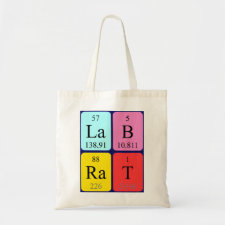
Authors: Wu YL, Yan M, Cui JY, Yan YS, Li CX
Article Title: A Multiple-Functional Ag/SiO2/Organic Based Biomimetic Nanocomposite Membrane for High-Stability Protein Recognition and Cell Adhesion/Detachment.
Publication date: 2015
Journal: Advanced Functional Materials
Volume: 25
Issue: (36)
Page numbers: 5823-5832.
DOI: 10.1002/adfm.201502465
Abstract: Biomimetic multilevel structured membrane materials have great potential for energy-efficient chemical separations and biomedical applications. The current study represents a simple, yet efficient, method to obtain the biomimetic protein separation membrane and controllable cell culture substrate with high stability, selectivity, and antibacterial property. Here, a molecular imprinting methodology is reported to introduce the high-biocompatible protein ovalbumin (Ova) to a multilevel Ag/SiO2/organic based molecularly imprinted membranes (ASO-MIMs), which have made significant achievements in protein identification and controllable growth of liver cells in vitro platform. Interestingly, the relative morphological observations of the adhered cells and in vitro viability tests show no significant difference between the ASO-MIMs binding with 13.6 mg g-1 Ova (13.6-ASO-MIMs) and bare glass, indicating the excellent biocompatibility of the 13.6-ASO-MIMs. Here, the results on largely enhanced adsorption capacity, perm-selectivity (β values are more than 2.2), regeneration ability (still maintained 90% of the maximum adsorption capacity after 10 cycling operation), and high-performance cell adhesion system (controlled by the binding amount of template protein) are shown, which clearly demonstrates the potential value of this method in smart biomaterials and biosensors
Template and target information: protein, ovalbumin, Ova
Author keywords: Porous membranes, biomimetics,cell culture substrates, high regeneration ability, protein recognition



Join the Society for Molecular Imprinting

New items RSS feed
Sign-up for e-mail updates:
Choose between receiving an occasional newsletter or more frequent e-mail alerts.
Click here to go to the sign-up page.
Is your name elemental or peptidic? Enter your name and find out by clicking either of the buttons below!
Other products you may like:
 MIPdatabase
MIPdatabase









